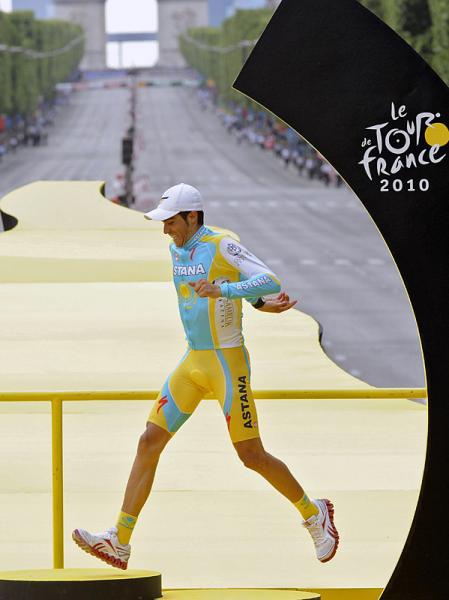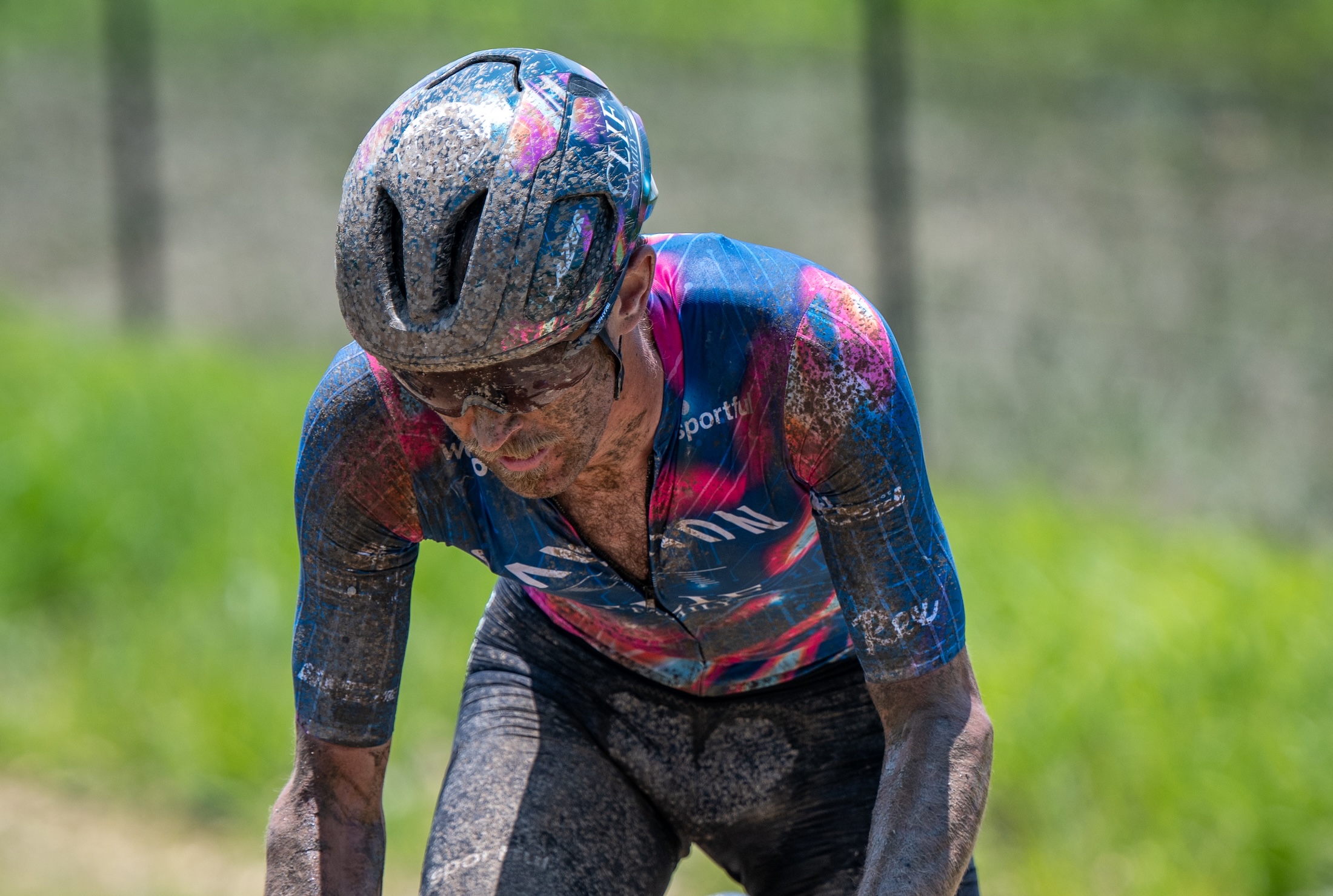Contador's contaminated food: excuse or possibility?
Anti-doping expert: Clenbuterol contamination plausible
The latest race content, interviews, features, reviews and expert buying guides, direct to your inbox!
You are now subscribed
Your newsletter sign-up was successful

News that Tour de France winner Alberto Contador has tested positive for the banned stimulant clenbuterol has raised the question: is his assertion that food or supplement contamination is responsible for the result plausible? Cyclingnews spoke with expert Dr. Don Catlin of Anti-Doping Research, Inc. to find out.
"Without knowing what the level [of clenbuterol] in his sample is, it's impossible to say," Catlin said. His laboratory works with supplement makers to detect drug contaminants, and Catlin said that clenbuterol is one of the more common contaminats found in supplements.
In 2008, Catlin's lab worked on the case of swimmer Jessica Hardy, who sat out of competition for two years after testing positive for clenbuterol, and found the drug in supplements that she was taking. Hardy used the information to sue the manufacturer.
The drug is a stimulant as well as an anabolic agent, and because of these properties it is not prescribed in its primary use an anti-asthma medication in the US.
In the past the drug was popular amongst athletes before testing was introduced. Djamolidin Abdoujaparov was banned for life after testing positive for the drug at the 1997 Tour de France. It is now easily detectable and tends to remain in the body for an extended period of time, making it a poor choice as far as performance enhancing drugs go.
Can Contador keep his Tour de France title?
The anti-doping rules state that an athlete is responsible for what enters his or her body, and many athletes have fought doping positives with the contaminated supplement defense and lost.
The latest race content, interviews, features, reviews and expert buying guides, direct to your inbox!
Most recently, Belgian Iljo Keisse, who was acquitted of doping by his national federation after successfully using the defense, had his ban re-instated by the Court of Arbitration for Sport.
However, the UCI's statement issued early Thursday, which made public the level of the drug (50 picograms/millilitre, or 40 times less than the required limit of detection) indicates that the contaminated supplement defense may have some weight to it.
Whether or not the UCI wants to let Contador off is something it says requires "further scientific investigation before any conclusion could be drawn".

Laura Weislo has been with Cyclingnews since 2006 after making a switch from a career in science. As Managing Editor, she coordinates coverage for North American events and global news. As former elite-level road racer who dabbled in cyclo-cross and track, Laura has a passion for all three disciplines. When not working she likes to go camping and explore lesser traveled roads, paths and gravel tracks. Laura specialises in covering doping, anti-doping, UCI governance and performing data analysis.
